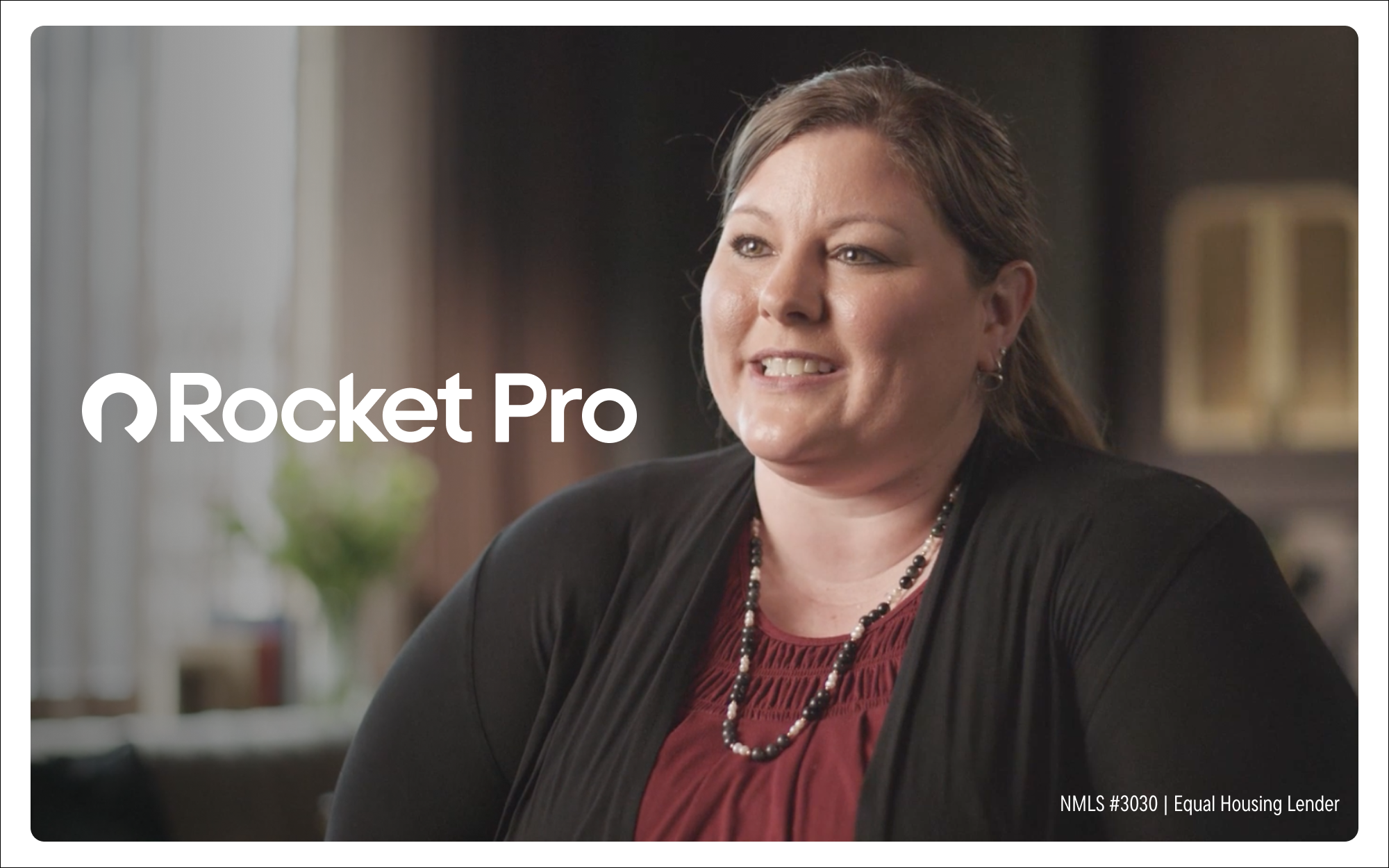Community banks operate on a majority of the country’s military installations. Given their selfless service, active-duty personnel rely on community banks that understand their unique needs.
The banks serving active duty personnel
October 01, 2021 / By Judith Sears
Community banks operate on a majority of the country’s military installations. Given their selfless service, active-duty personnel rely on community banks that understand their unique needs.
Community banks comprise more than two-thirds of the 66 banks operating on U.S. military installations, and these banks “punch above their weight,” according to Steven Lepper, president and CEO of the Association of Military Banks of America (AMBA). He says when branches of the military name a bank of the year, it’s often a community bank.
“Community banks … get to know their military customers in far greater detail than the larger banks.”
—Steven Lepper, Association of Military Banks of America
“Community banks tailor their approach to their community, and on military installations, that’s their community,” Lepper says. “They get to know their military customers in far greater detail than the larger [off-base] banks.”
There’s no doubt that the military community has unique financial needs. “You [might] move every two or three years, and sometimes you get a lot of notice and sometimes you don’t,” says Jodi M. Vickery, executive vice president of Armed Forces Bank and the spouse of a retired soldier.
With 27 branches on military installations, $1.2 billion-asset Armed Forces Bank is the largest on-installation bank in the country. Its branches at Joint Base Lewis-McChord and Great Lakes Naval Base were the recipients of Army and Navy 2020 Bank of the Year awards, respectively.
In January 2021, Armed Forces Bank launched its Access Loan program, which offers loans ranging from $750 to $15,000 to active duty or retired military borrowers. Borrowers apply online and can go from application to cash in their checking account in as little as four minutes. “One thing I learned being married to the military is that you’re never in control of your own time,” Vickery says. “Being able to access the application when it’s convenient to customers, even in the middle of the night, is important.”
The Access Loan program recently helped a customer who’d inherited a home from his father. Because the home was still in his father’s name, he couldn’t apply for a home equity line of credit, or HELOC. He worried that his credit rating wouldn’t allow him to qualify for an Access Loan. Vickery says that Armed Forces Bank looks at more than the FICO score when underwriting a loan.
“The customer was in shock when he received his approval notification,” she says. “He was over the moon about not only his loan approval but also how quick and easy the process was for him. Application to funding was less than 15 minutes.”
Equipped with financial tools
Military personnel are often required to get financial education when they are promoted or arrive at a new base. “The Department of Defense has realized over the years that equipping their members with the tools they need to be financially ready enhances their overall readiness,” Lepper says. Banks on military bases are often asked to participate in newcomer briefings and other programs, which provide basic classes in checking accounts, credit and homebuying.
Chevis Swetman, chairman and CEO of $767 million-asset The Peoples Bank, which has a branch on Keesler Air Force Base in Biloxi, Miss., sees financial education programs as opportunities to distinguish the bank and build relationships. “I do the basic banking story and tell the young airmen not to get crazy,” he says in regard to their finances. “Hopefully, that resonates.”
Banks also serve more seasoned military members whose loan terms, for example, are subject to different regulations. Swetman has worked with high-ranking medical doctors who have been called back into active service. The People’s Bank dropped their commercial loan rates, which might have carried a higher interest rate, down to 2% until they were released from active duty.
“We were glad to do it,” Swetman says. “They’ve served their country. We want to take care of them.”
Being a ‘yes’ bank
Encouraging savings is a critical part of financial education, and First Arkansas Bank and Trust (FAB&T) was named the Military Saves Bank of the Year in 2020. “We have gone out of our way to have special promotions to enhance savings opportunities,” says Larry Wilson, chairman and CEO of the $930 million-asset bank.
FAB&T partnered with savings app Plinqit of Ann Arbor, Mich.-based HT Mobile Apps. Plinqit allows account holders to automatically save a designated amount regularly. The community bank offers savings credits for customer referrals and rewards savers when they reach their goals. “It’s been very helpful to a lot of military personnel,” Wilson says.
Besides being named Military Saves Bank of the Year, FAB&T’s Little Rock Air Force branch in Jacksonville, Ark., was named 2020 Air Force Bank of the Year. According to vice president and regional manager Brian Kaelin, the bank goes above and beyond for its customers. “Our bank recognizes and appreciates the dedication and sacrifice from our women and men in uniform and their families, and we want to match that level of dedication and commitment in our service to them,” he adds.
That includes finding financial solutions for noncustomers. The branch may waive fees on a cashier’s check or offer a cash advance on another bank account. “We want to meet the need to the fullest extent possible,” Kaelin says.

FAB&T’s Little Rock Air Force Base branch also actively supports the military community. When the subject of multiple suicides on base surfaced as a concern, community bank personnel teamed up with an Air Force lieutenant colonel and other bank executives to create an eight-session program called Strengthening the Relationship. Research had suggested that many suicides were happening because of unaddressed marital and family problems. Upon completion, participants are awarded a weekend getaway with a spouse or significant other. FAB&T and AMBA provided the funding.
“While we heard tremendous feedback on the program, it was more important for us to be present and intentional with our program. This was about much more than finances, and we were very aware of that fact,” Kaelin says.
“One thing I learned being married to the military is that you’re never in control of your own time. Being able to access the application when it’s convenient to customers, even in the middle of the night, is important.”
—Jodi M. Vickery, Armed Forces Bank
Winning them with service
Because today’s recruits are required to have bank accounts before they report for duty, community banks on military installations may not find it easy to attract new business. Frequently, community banks serving the military take the long view and hope to attract retirees back to their area.
“We want Keesler to be their best tour of duty ever,” Swetman says. “We ask if they’ve ever gone deep sea fishing out to the Chandeleur Islands and hook them up with a charter boat and a captain. We want them to recall that they had a good time in Biloxi.”
Wilson says Arkansas offers attractive benefits for military retirees, such as state income tax exemption and reciprocal licensing for spouses. Wilson, who serves on the state’s Military Affairs Committee, says this benefits everyone. “They want to bank locally, so it’s good for us and them,” he adds.
Banks also believe in the mission of the community they’re serving. “We take serving the military very seriously,” Vickery says. “They deserve the best we have to offer.”
Creating a level playing field for military banks
There are nearly 50% fewer banks on military installations than there were in 2004, according to Amy Roberti, ICBA vice president, congressional relations.
It’s becoming too expensive for community banks to operate on bases, she says. They have to pay rent on the square footage of the floor space of the branch as well as the few square feet required for ATM machines. “Every five years, their lease is renegotiated, and every five years, the rent goes up,” says Steven Lepper, president and CEO of the Association of Military Banks of America.
That’s an expense that credit unions don’t face. “The credit unions that operate side by side on bases don’t have to pay a dime for any floor [or ATM] space,” Lepper says. “It’s an uneven playing field.”
The result is today there are as many bases with only a credit union as there are bases with both a credit union and a bank.
Chevis Swetman, chairman and CEO of The Peoples Bank on Keesler Air Force Bank in Biloxi, Miss., says it may face a difficult decision about its branch in the next few years. “It’s hard to compete,” he says. “We just want to be treated the same as the credit unions.”
In the end, it’s the military customer who suffers. “We have always advocated for both credit unions and banks to operate, because it gives military members a choice,” Lepper says. “If there is competition for customers, that’s good for the community they serve. What we have now is a monopoly on about half of our bases.”
Take action
ICBA is waking up members of Congress to the misconduct of credit unions, chiefly their tax exemption. To follow this campaign’s progress, go to icba.org/wakeup
Subscribe now
Sign up for the Independent Banker newsletter to receive twice-monthly emails about new issues and must-read content you might have missed.
Sponsored Content
Featured Webinars
Join ICBA Community
Interested in discussing this and other topics? Network with and learn from your peers with the app designed for community bankers.
Subscribe Today
Sign up for Independent Banker eNews to receive twice-monthly emails that alert you when a new issue drops and highlight must-read content you might have missed.
News Watch Today

Join the Conversation with ICBA Community
ICBA Community is an online platform led by community bankers to foster connections, collaborations, and discussions on industry news, best practices, and regulations, while promoting networking, mentorship, and member feedback to guide future initiatives.












